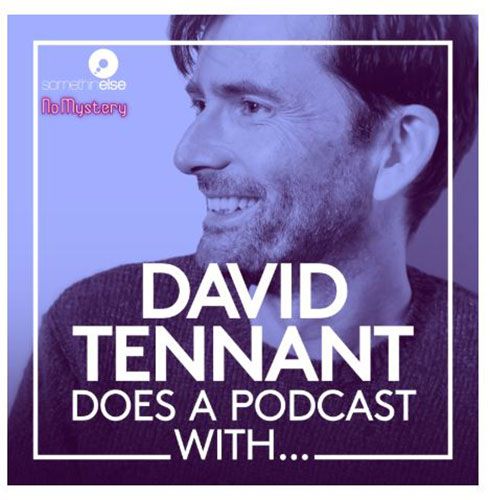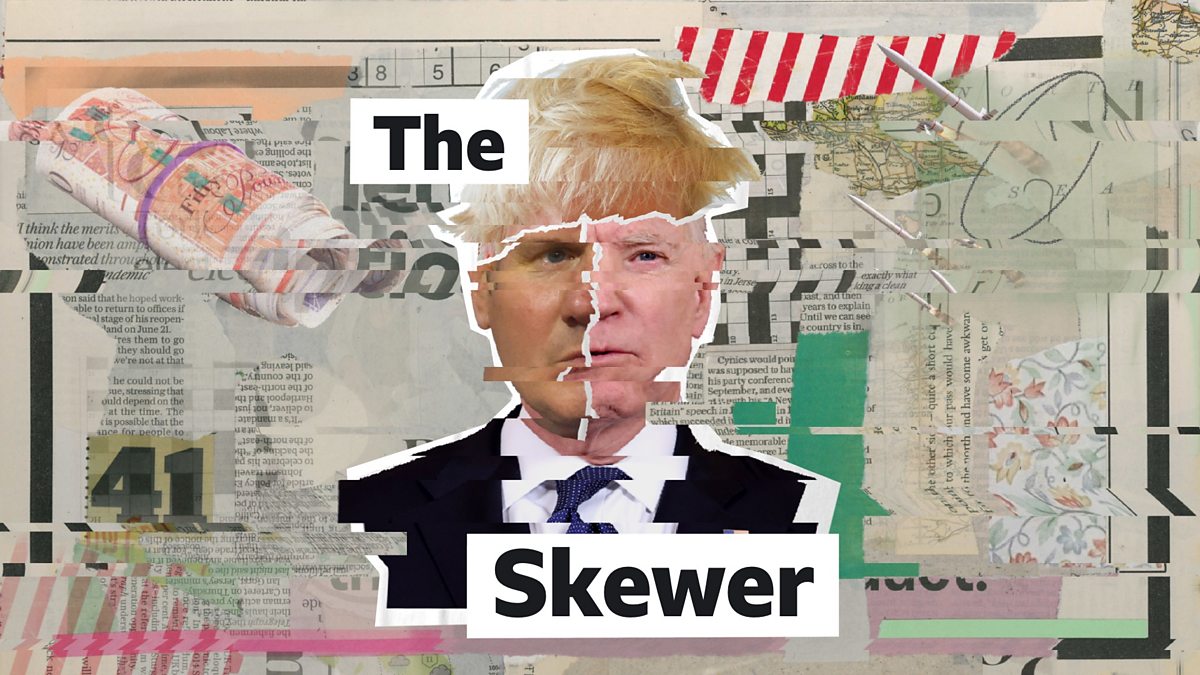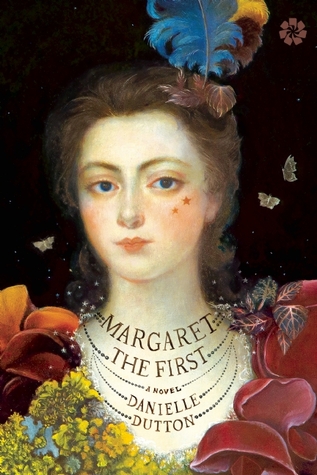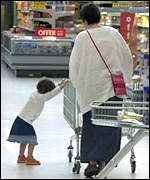Modewarre is the indigenous word
for musk duck, a creature at home on land, water and air. Through her poetry, Patricia
Sykes explores various histories and the boundaries between them which blur and
blend. She splits the poems into three sections: House of the Bird, House of
Water, and House of Detention, examining words and their connotations, dwelling
on reflections, refractions and altered perceptions.
Naming things robs them of their
magic and power, as we use “language, so impossibly cumbersome/ for discovering
the true weight of things/ the grandmother would have known”. The literary
fragments are almost Sapphic with physical and sensual meaning: “as always the
modewarre/ places faith in its eggs/ yolk and the sun/ breed each other”. The
strong bonds of belonging and connection to land go beyond words, until the
frustration is clear in a poem such as eponymous,
“to the interrogator who keeps asking/ ‘so are you still suckling on myths of
place?’/ I say try the enigma address/ the bird who keeps vanishing in water –”
The
poems recall the land and the life before the colonists came, and also the
sheer incomprehension of the invaders dealing with the loss. In eupathy (right feeling of the soul) she
sees the land from above as though flying with the eagle. “to talk now/ of
whether this is still so/ or if the eagles in free flight/ are an option/ to
speak of/ options, land, again/ once more/ not as that which was taken/ is
un-ownable/ contracting and crowded/ but as lava shift/ the heat of a river/
always underfoot/ in a molten indifference/ to politics”. There are layers of
knowledge contained in a word, such as the poem, ‘brid’, eight darkness in which
‘brid’ is the name given by Nyangangu, a Yolgnu artist of Northeast Arnhem
Land, to her bird carving. “there, where you are,/ bred of earth, breeding sky/
working the uplift, wingbeat/ as if sculpting a refusal/ to die of white
history”.
The world is a palimpsest and so
is the brain – our thoughts and memories are malleable. Birds connect people
and places, and are often totems for Aboriginal and Torres Strait Islander
people, helping to define kinship with people, their Country and nature,
connecting to the roles and responsibilities of a mob, offering protection and
foreshadowing danger and momentous events. This connection extends throughout
the world as the birds migrate along their own songlines.
Means of expression are
insufficient, with even mechanics of speech and typing unable to capture the
richness of the language. “this keyboard’s/ tireless tap-tap mouth/ which
cannot voice/ the interior ‘n’ in Nyangangu/ the one with the tail/ the sound
of ‘ng’ in singer”. And yet the words can be damaging and belittling. “how the
eyes like linguists are never satisfied/ how they’ll poke and pry into any
lexicon”, wanting to preserve and capture, destroying the natural.
The poems in House of Water are
concerned with childhood, disease, death, invasion, cattle, birds, and bunyips.
Roads are built over traditional lands, only to crumble and fray at the edges
demonstrating their impermanence in the liminal space. “what never was field/
become paddock become/ fences become livestock/ the cattle the sheep/ foraging
for the hoofprints/ they lost the last time/ they departed a shore”.
In the House of Detention, the
poems move on to highlight migrants trapped in refugee camps, prisoners in
cells, wives in marriages, women in motherhood, caterpillars who will one day
be butterflies, political constraints, and people wanting to be “at home in
every world/ where exile does not exist”. In great-aunt narrative among the excised lands, Sykes leans upon the
double meaning of refuse (verb and noun) as it relates to denial and pollution:
“oh my Canberra…/ high city of
presumptive cleanliness/ among the dirty waters exuding from the workplaces/
the smell of your refusal laws”. She uses a rare capital letter in this poem,
which must surely be ironic as her punctuation is clean and almost entirely
absent.
Modewarre is a great collection of powerful fragments, connecting words to the echoes of previous language both spoken and unspoken. It is a reminder that we are merely one of millions of moving parts that comprise our environment, expressing a concern for what will happen to the delicate balance once we form a pyramid and place ourselves at the apex.















.jpg)




 I’m currently reading the brilliant Eating for England by Nigel Slater. He writes of the farmer’s market; “I shop there because I want to meet the people who grow what I eat, to experience the joy of seasonal shopping, to be as close as I can to where my food originates without actually getting my hands in the soil. And I suspect that, as I trundle up the hill with my recycled bag of cheap corn on the cob still in its fresh green husks and a swaying bunch of three-foot-high sunflowers, it probably allows me to feel just a wee bit smug about those shoppers with their supermarket packet of identically sized, overpriced, cellophane-wrapped green beans from Mozambique.”
I’m currently reading the brilliant Eating for England by Nigel Slater. He writes of the farmer’s market; “I shop there because I want to meet the people who grow what I eat, to experience the joy of seasonal shopping, to be as close as I can to where my food originates without actually getting my hands in the soil. And I suspect that, as I trundle up the hill with my recycled bag of cheap corn on the cob still in its fresh green husks and a swaying bunch of three-foot-high sunflowers, it probably allows me to feel just a wee bit smug about those shoppers with their supermarket packet of identically sized, overpriced, cellophane-wrapped green beans from Mozambique.”

 I was never really a fan of Robert Browning in my youth. I thought him weary and trite and too fond of the Romantic poets for his own good. Now, as I approach my own 'season of mists and mellow fruitfulness', I find I'm starting to rather like him. Is this a natural consequence of ageing, I wonder?
I was never really a fan of Robert Browning in my youth. I thought him weary and trite and too fond of the Romantic poets for his own good. Now, as I approach my own 'season of mists and mellow fruitfulness', I find I'm starting to rather like him. Is this a natural consequence of ageing, I wonder?







